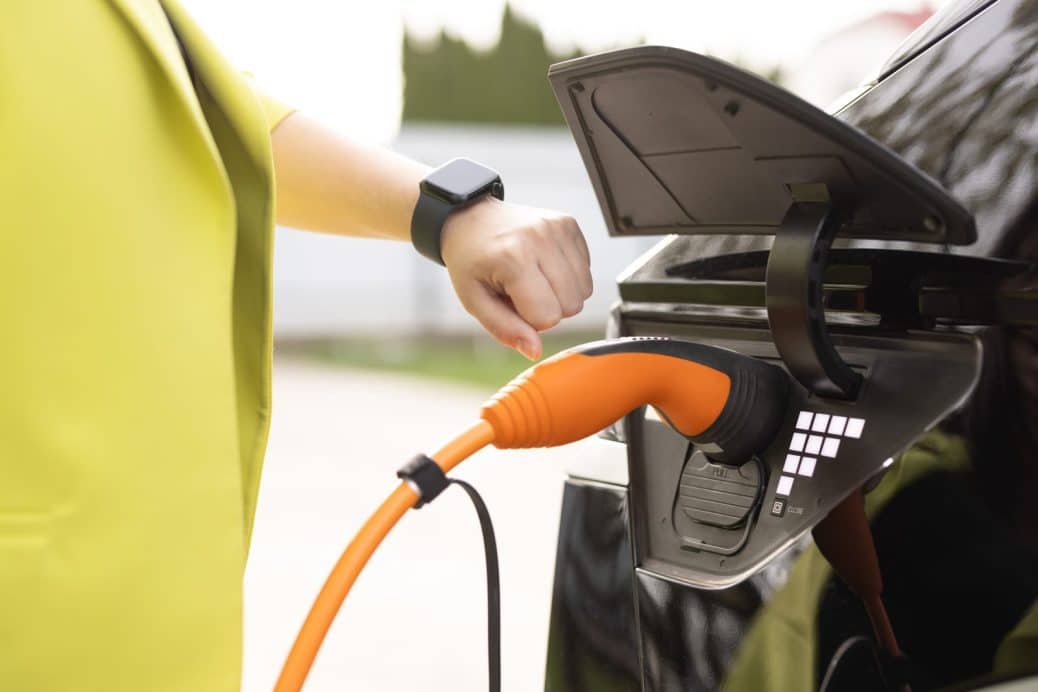According to a recent report from Morgan Stanley, more than 50% of investors plan to increase their investments in sustainable businesses and ventures in the next 12 months.
This growing interest has been put down, in part, to the improving performance of sustainable investments, and people are increasingly looking for ways to contribute to a greener future due to concerns about climate change, resource depletion, and the environment in general.
Fortunately, thanks to recent advancements in technology, it is easier than ever to invest in or support sustainable practices.
If this is something you would like to do, you should be interested in the following.
- Sustainable Investment Platforms
One of the most significant ways technology is driving sustainable investment is through online platforms that cater specifically to ethical investors.
Many digital investment platforms now allow users to select portfolios focused on environmental, social, and governance (ESG) factors. These platforms use artificial intelligence (AI) and machine learning to assess companies based on their sustainability credentials, which ensures that investors can make informed decisions that align with their values.
For instance, financial institutions like ASX:CBA have developed ethical investment funds that support businesses prioritising sustainability. These funds allow everyday investors to put their money into renewable energy projects, sustainable agriculture, and companies that are actively committed to reducing carbon emissions.
- Renewable Energy Investments
Companies that use renewable energy harness the power of the sun, Earth’s heat, and water to generate energy through solar, wind, geothermal, hydropower, and bioenergy technologies.
In recent times, investing in renewable energy has become much easier than before, thanks to digital platforms that provide access to green energy projects.
For instance, crowdfunding sites and stock market apps allow individuals to invest in solar farms, wind energy initiatives, and hydroelectric projects without needing large capital reserves.
Additionally, peer-to-peer energy trading is another innovation that has helped people invest in sustainability because, through blockchain technology, homeowners with solar panels can sell excess energy directly to their neighbours.
This not only promotes renewable energy use but also provides financial incentives for green investments while creating a decentralised and efficient energy distribution system.
- Green Banking and Digital Finance
Green banking is a financial approach that is gaining traction due to its support for environmental sustainability. By investing in eco-friendly projects, reducing carbon footprints, and offering products that align with sustainable principles, financial institutions are helping people to make a small difference.
For instance, apps such as Bank Australia’s carbon-tracking tool innovatively allow users to monitor the environmental impact of their spending. These platforms encourage individuals to practice sustainable behaviour and even incentivise them to purchase from environmentally friendly businesses.
Additionally, blockchain technology is increasingly being leveraged to provide transparency in green finance. Therefore ensuring that funds allocated specifically for sustainability initiatives are being used as they are supposed to.
- Artificial Intelligence and Climate Action
AI is increasingly prominent in tackling climate change, as advanced data analytics and AI-driven modelling are being used for activities like predicting weather patterns, tracking deforestation, and optimising energy consumption.
These tools enable businesses and policymakers to implement more effective environmental strategies that reduce energy waste. This is particularly useful in industries such as manufacturing and agriculture, as AI-driven automation makes production processes more sustainable.
For investors, AI-powered platforms also provide insights into sustainable market trends and help identify companies with strong ESG commitments.
- Electric Vehicles and Green Transport
The automotive and transportation sectors are two of the huge contributors to carbon emissions, but despite this, they have always been popular to invest in, and even more so now with the introduction of Electric vehicles (EVs).
Investing in EV technology, whether through personal vehicle ownership or stock market investments in green transport companies, is an effective way to support sustainability.
At the same time, ride-sharing apps and public transport systems are also incorporating technology to reduce environmental impact, which you might want support. Many cities have recently seen a rise in electric buses and bike-sharing schemes that are powered by smart apps and allow users to find and rent sustainable transport options with ease.
- Sustainable Shopping and Consumer Choices
Technology has also made it easier for consumers to shop sustainably thanks to numerous mobile apps and browser extensions, which allow users to check the environmental impact of their purchases.
Apps like Good On You rate fashion brands based on their sustainability practices, therefore helping consumers make more ethical choices when buying clothing.
Online marketplaces dedicated to eco-friendly products have also grown in popularity, and with many of them selling second-hand goods, zero-waste household items, and ethically sourced food products, it is easier than ever for individuals to support these types of sustainable businesses.
- Smart Home Technology
Investing in sustainability goes beyond financial markets because technology has made it possible for homeowners to reduce their carbon footprint and lower their energy bills through smart home innovations.
Devices such as smart thermostats, solar panels, and energy-efficient appliances enable households to consume less power while maintaining comfort and convenience. For instance, smart thermostats learn user habits and adjust temperatures automatically to reduce energy waste.
Similarly, solar energy storage systems allow homeowners to store excess power generated during the day for use at night, which reduces dependence on non-renewable energy sources.
Many governments even offer subsidies for installing such technologies, which makes sustainable home investments even more financially viable.















